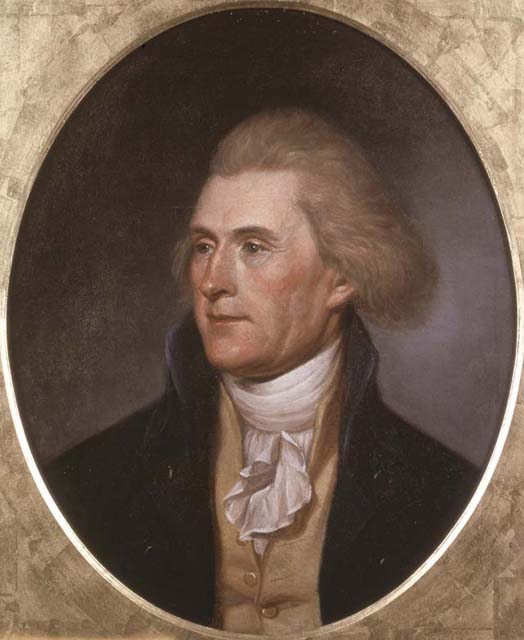“Laws are made for men of ordinary understanding, and should, therefore, be construed by the ordinary rules of common sense. Their meaning is not to be sought for in metaphysical subtleties, which may make anything mean nothing or everything, at pleasure.“
Many people are seeking solutions to rein in the growth of government, most particularly on how to limit Federal over-reach. While the work we’ve been doing here at GiN reveals many problems within our state government, there is no question that the Federal government has gotten decidedly “too big for its britches”.
With the advent of the State Sovereignty / Tenth Amendment movement in the past couple of years, a debate was kicked off regarding who has the authority to ultimately decide whether a law in Constitutional. Who is the final arbiter of that question?
While we have been monitoring that debate, we believe there is still much work to be done before we arrive at answers that are consistent with the original meaning of the Constitution, that do not lend themselves ultimately to chaos, and that are actually just.
In conducting research on this question, Linda discovered a fascinating and, we believe, important letter, written by Thomas Jefferson in 1823. While a bit lengthy, it is well worth the read. Jefferson’s letter is written to a Judge Johnson, in response to a request for an opinion on a recent Supreme Court ruling. We believe Judge Johnson was, in fact, Justice William Johnson, an Associate Justice of the United States Supreme Court, at the time the letter, set forth below, was written.
In answering the Judge, Jefferson beautifully articulates some core principles of America’s founding, reveals some interesting details on several topics, and most importantly, addresses a core question regarding the issue of just what entity should be the final arbiter regarding whether a law is constitutional.
Excerpted from: Memoir, correspondence, and miscellanies, from the papers of Thomas Jefferson, Volume 3

You must be logged in to post a comment.